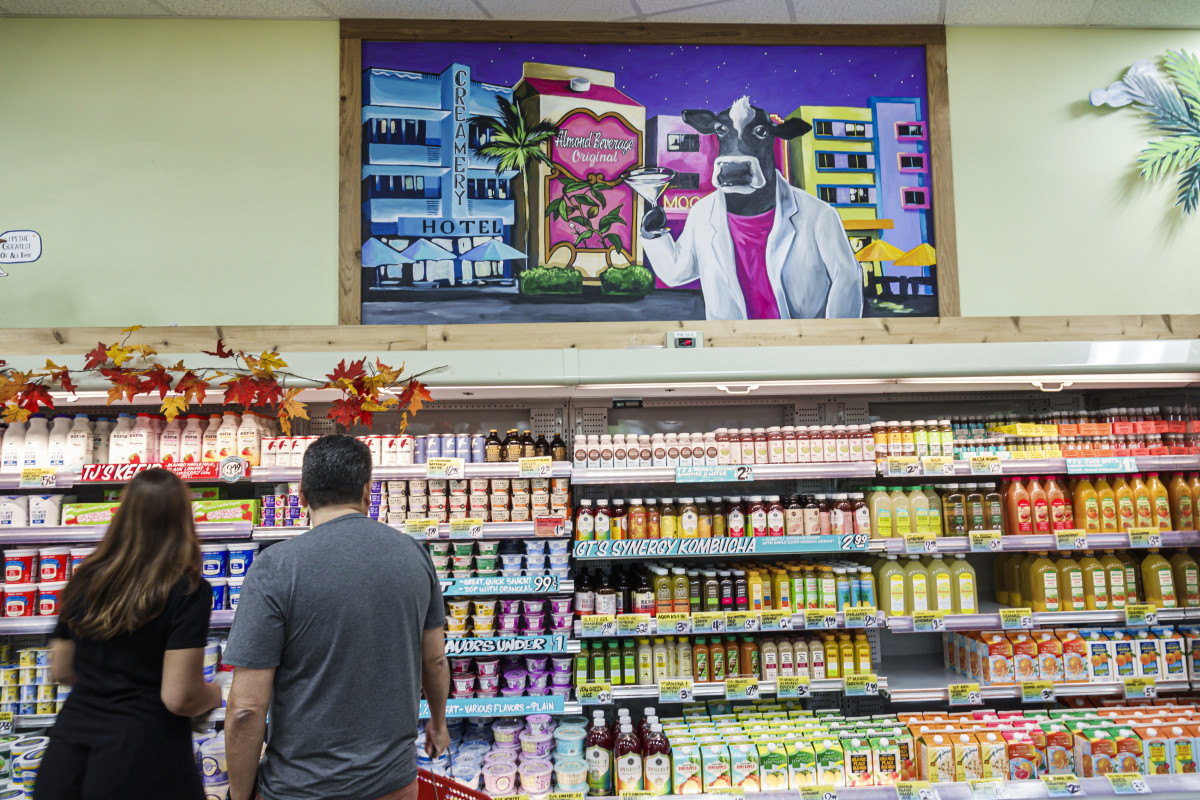
We've all heard the same news for decades: fear-flavored reports claiming that a large amount of the pre-packaged foods we buy in everyday grocery stores are loaded with chemicals no human should be consuming.
Of course, some of those reports have proven to be true, leading to some companies promising to remove said chemicals, and many have followed through. That said, there's still a lot more work to been done on that front — and a new study from Consumer Reports reveals upsetting details on just how many chemicals we are still consuming regularly.
Related: Amazon has a new plan to keep you out of the grocery store
The study, published on Jan. 4. by Consumer Reports, examined close to 100 foods commonly sold at grocery stores that contain alarming levels of phthalates, a "plasticizer" used to make plastic stronger and more flexible. While the FDA does not allow these chemicals to be in food itself, they can enter food via its manufacturing process or from what the food is packaged and sold in. And that's a problem, since consumption of phthalates, even at low levels, has been associated with a wide range of disease, from asthma and obesity to male fertility issues, breast cancer and more.
While most of the foods tested showed varying amounts of phthalates, some ranked much higher than others, A few of those products included Del Monte sliced peaches (24,928 per serving), Chicken of the Sea pink salmon (24,321 per serving), and Fairlife's Core Power High Protein milkshake (20,452 per serving).
Another major culprit was fast food, with Wendy's Crispy Chicken Nuggets coming in at 33,980 per serving, followed by Moe's Chicken Burrito at 24,330 and Chipotle's Chicken Burrito at 20,579.
While the FDA has been made aware of this issue and has banned some phthalates in children's toys, keeping it out of what we eat has been harder to address. There's currently no requirement for listing the presence of phthalates on product packaging.
However, you can make a few moves yourself to limit how many of these chemicals you consume. Fresh food such as fruits and vegetables has less contact with phthalates because of the lack of packaging. Switching from plastic food storage contains to glass is also a great move. As as the gloves fast-food workers often wear tend to carry high levels of phthalates, passing on that next Wendy's or Taco Bell run is also a good way to steer clear.
Get investment guidance from trusted portfolio managers without the management fees. Sign up for Action Alerts PLUS now.







